As a parent, one of the most important things you can do is teach your children the skills they need to be self-sufficient. By equipping them with these essential skills, you’ll be setting them up for success no matter what challenges they face in life.
1. Cooking
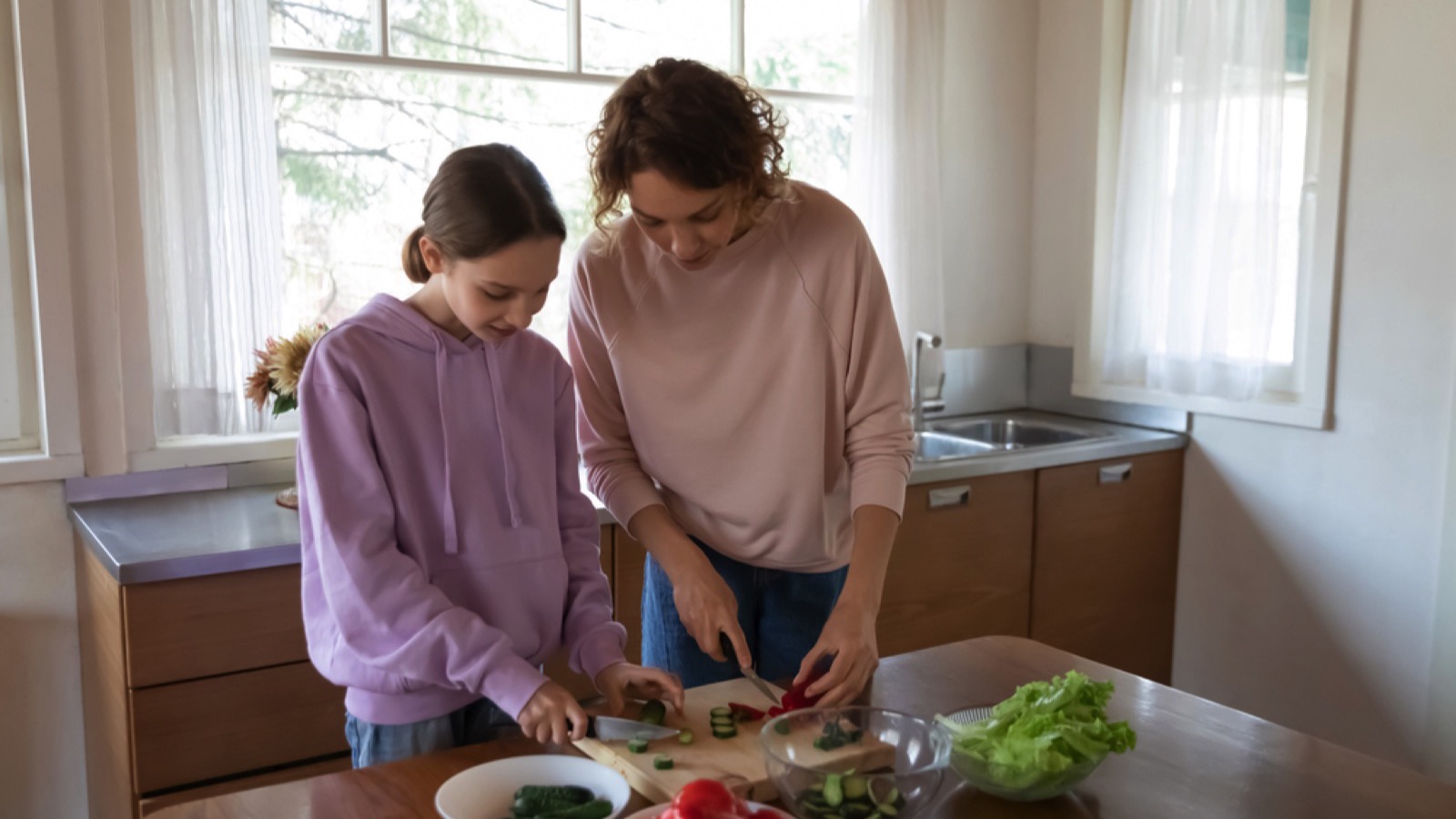
Teaching your kids how to cook is a fundamental skill that will serve them well throughout their lives. Start with basic recipes and work your way up to more complex dishes. Encourage them to experiment with different ingredients and flavors to develop their culinary creativity.
2. Gardening
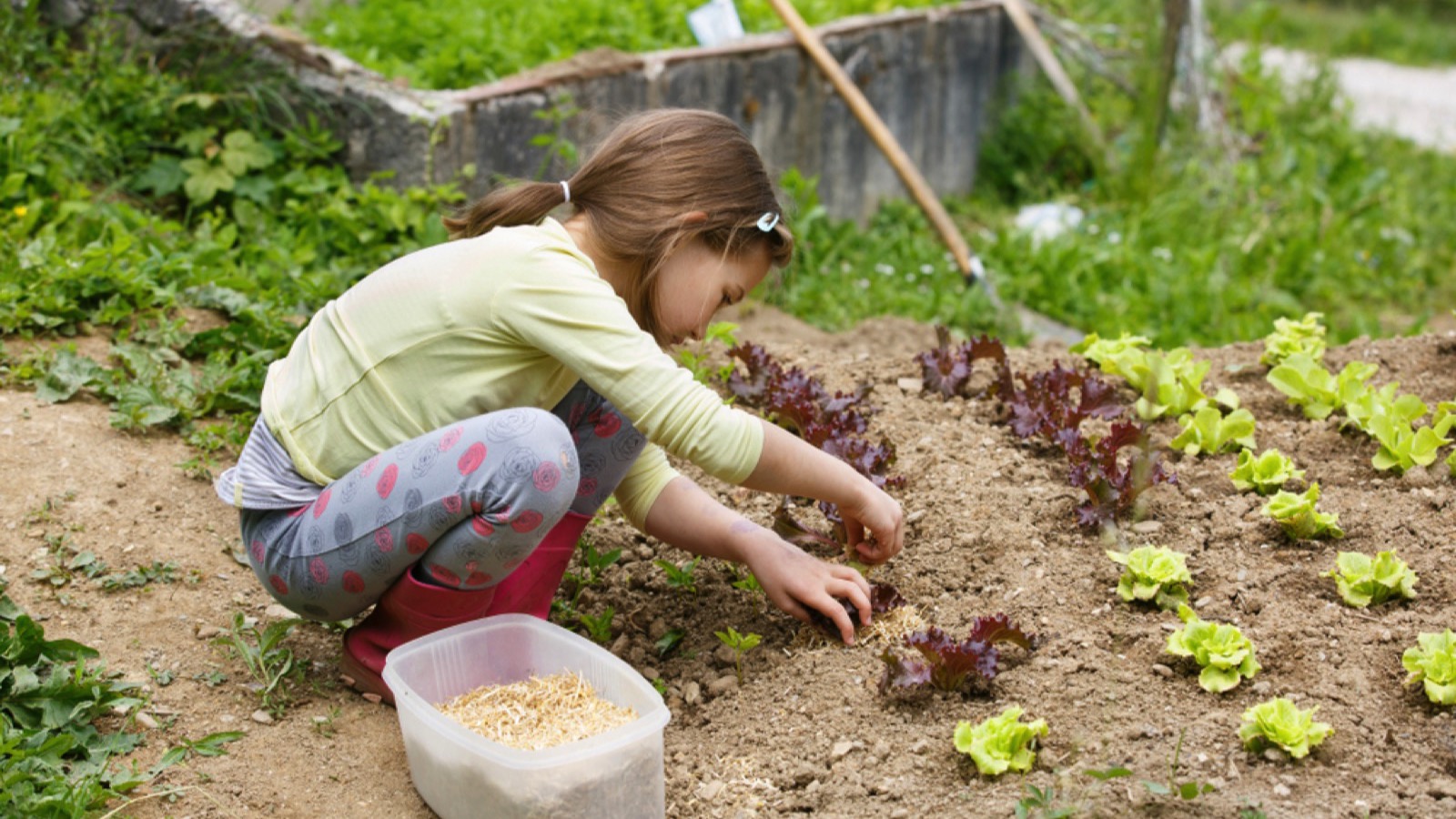
Growing your own food is a valuable skill that can help your family become more self-sufficient. Teach your kids how to plant, water, and harvest a variety of fruits and vegetables. They’ll learn about the importance of hard work and patience, and they’ll enjoy the satisfaction of eating food they grew themselves.
3. Basic First Aid

Knowing how to handle minor injuries and illnesses is an important skill for kids to learn. Teach them how to clean and bandage wounds, treat burns and insect bites, and recognize the signs of more serious medical issues. Make sure they know when to seek adult help and how to call for emergency assistance if needed.
4. Navigation
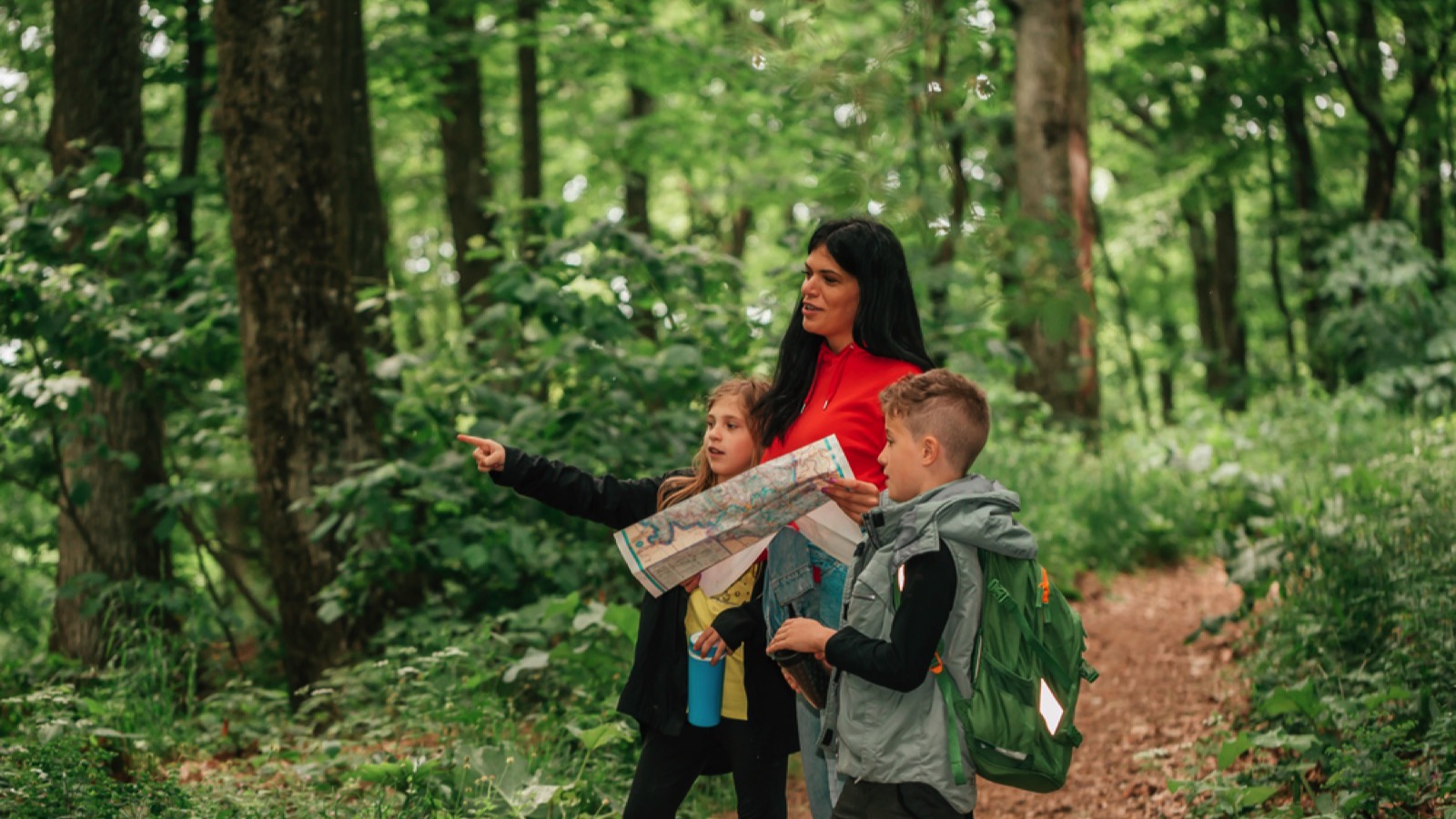
In a world where GPS is ubiquitous, it’s still important for kids to know how to navigate using traditional methods. Teach them how to read a map and use a compass to find their way. Take them on hikes and campouts where they can practice these skills in a safe and supervised environment.
5. Budgeting

Financial literacy is a crucial skill for kids to learn early on. Teach them how to create a budget, save money, and make smart purchasing decisions. Encourage them to set financial goals and develop a plan to achieve them. They’ll be better prepared to manage their money as adults if they start learning these skills now.
6. Basic Home Repairs

Knowing how to make basic home repairs can save your family time and money. Teach your kids how to change a light bulb, unclog a drain, and fix a leaky faucet. As they get older, you can introduce more advanced skills like painting, carpentry, and plumbing.
7. Sewing

Sewing is a useful skill that can come in handy in a variety of situations. Teach your kids how to sew on a button, mend a tear, and hem a pair of pants. As they become more proficient, they can learn how to make their own clothes and accessories.
8. Fire Building
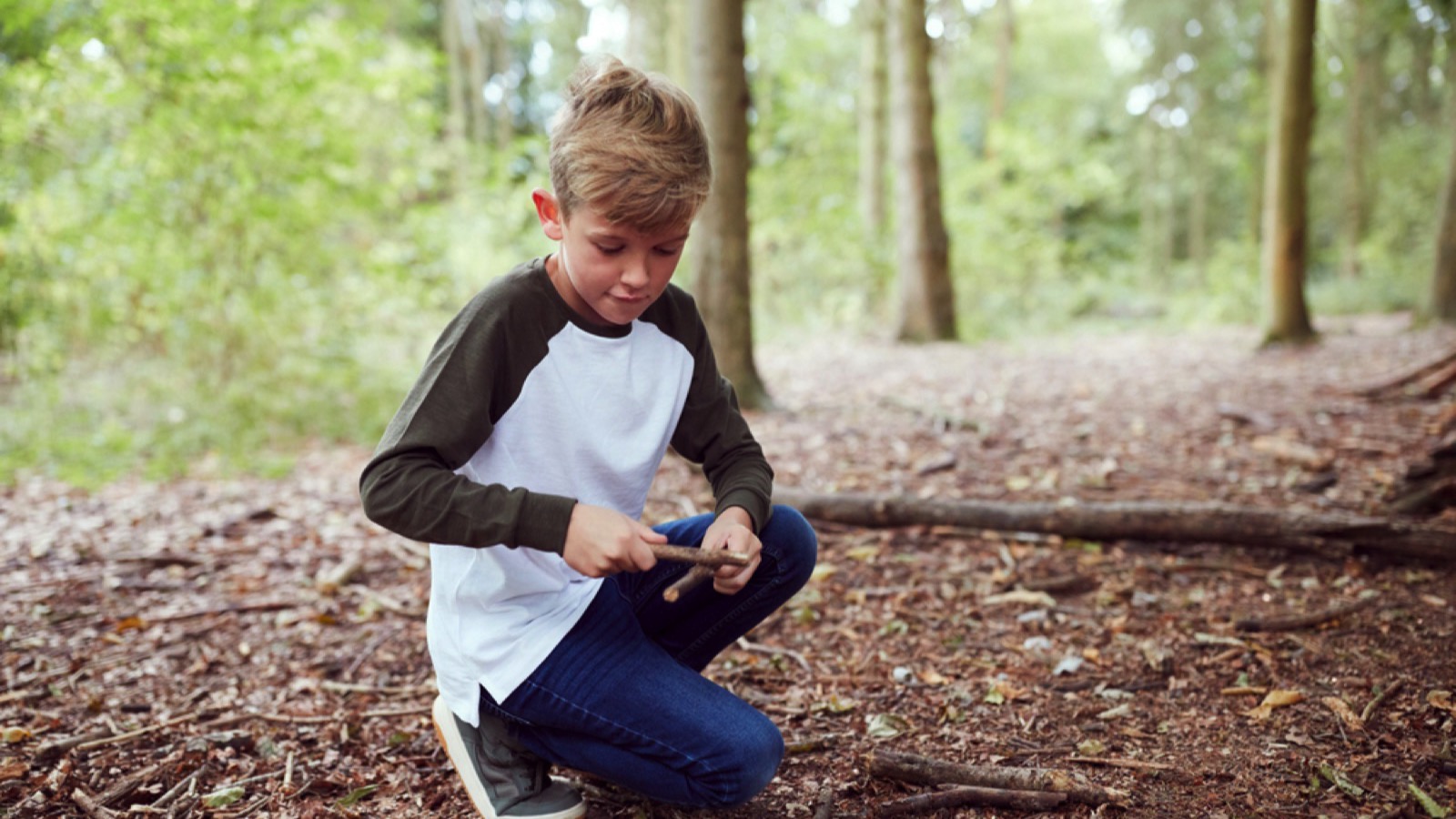
Building a fire is an essential survival skill that every kid should know. Teach them how to gather tinder and kindling, build a fire pit, and safely start and maintain a fire. Emphasize the importance of fire safety and make sure they understand the risks involved.
9. Knot Tying
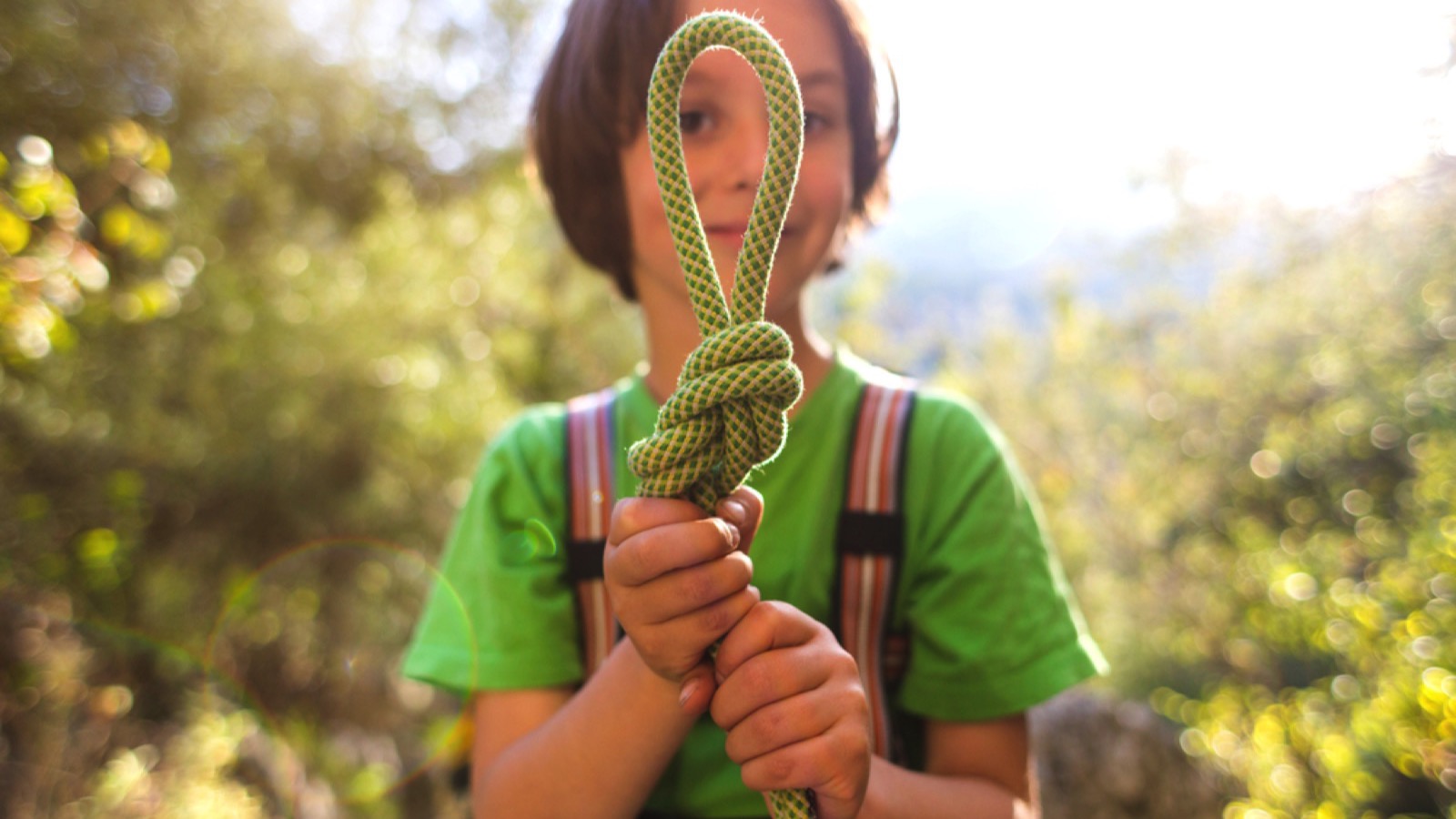
Knowing how to tie a variety of knots can be useful in many different situations. Teach your kids how to tie a square knot, a bowline, and a clove hitch. Practice tying knots together and make it a fun and engaging activity.
10. Water Purification

Access to clean drinking water is essential for survival. Teach your kids how to purify water using a variety of methods, such as boiling, filtering, and chemical treatment. Make sure they understand the importance of staying hydrated and the risks of drinking contaminated water.
11. Shelter Building
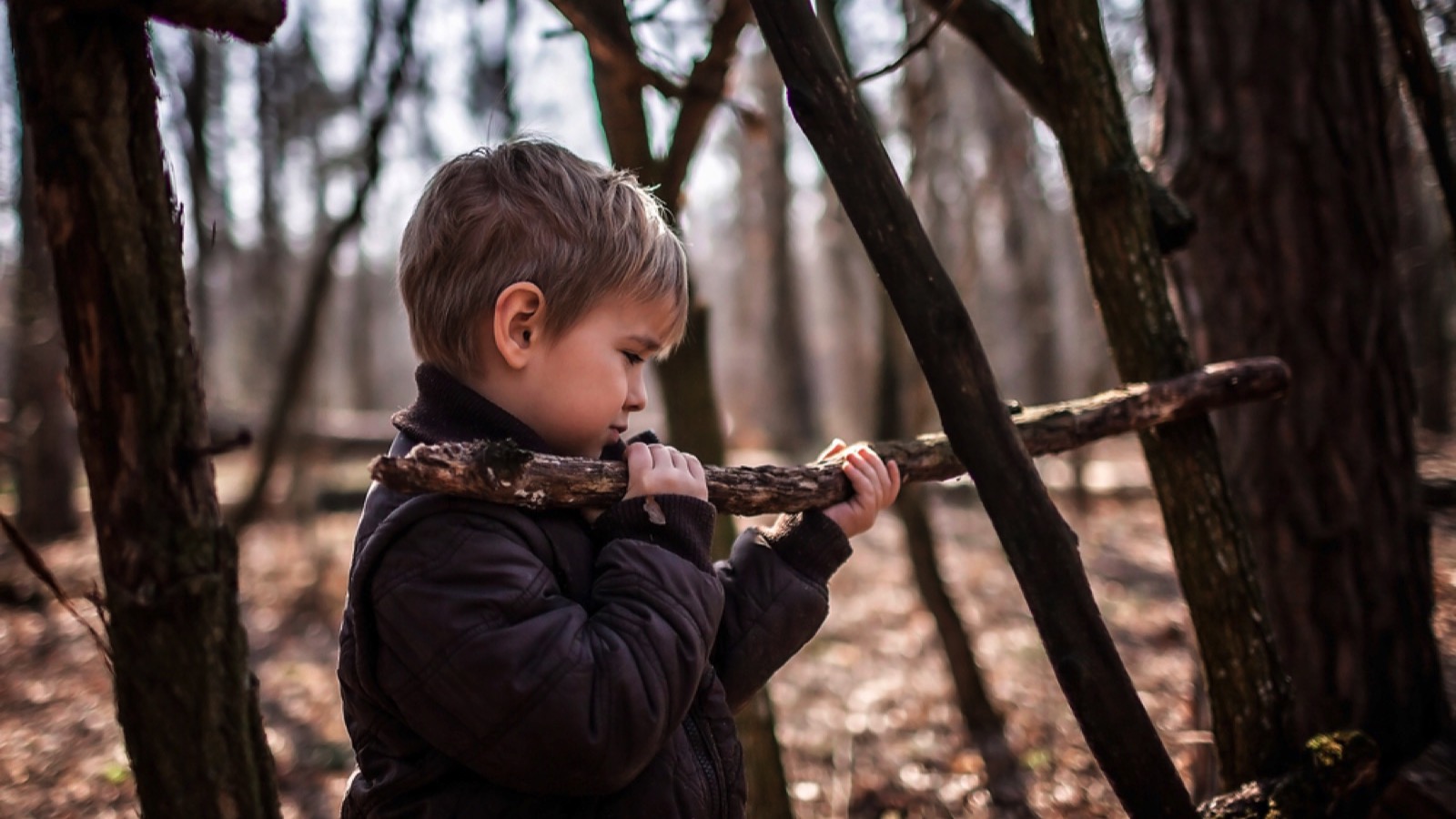
In an emergency situation, knowing how to build a shelter can be a lifesaving skill. Teach your kids how to build a basic lean-to shelter using natural materials like branches and leaves. Practice building shelters together in your backyard or on a camping trip.
12. Foraging

Knowing how to identify and gather wild edibles can be a valuable skill in a survival situation. Teach your kids how to identify common wild plants and mushrooms that are safe to eat. Emphasize the importance of proper identification and the risks of consuming toxic plants.
13. Fishing
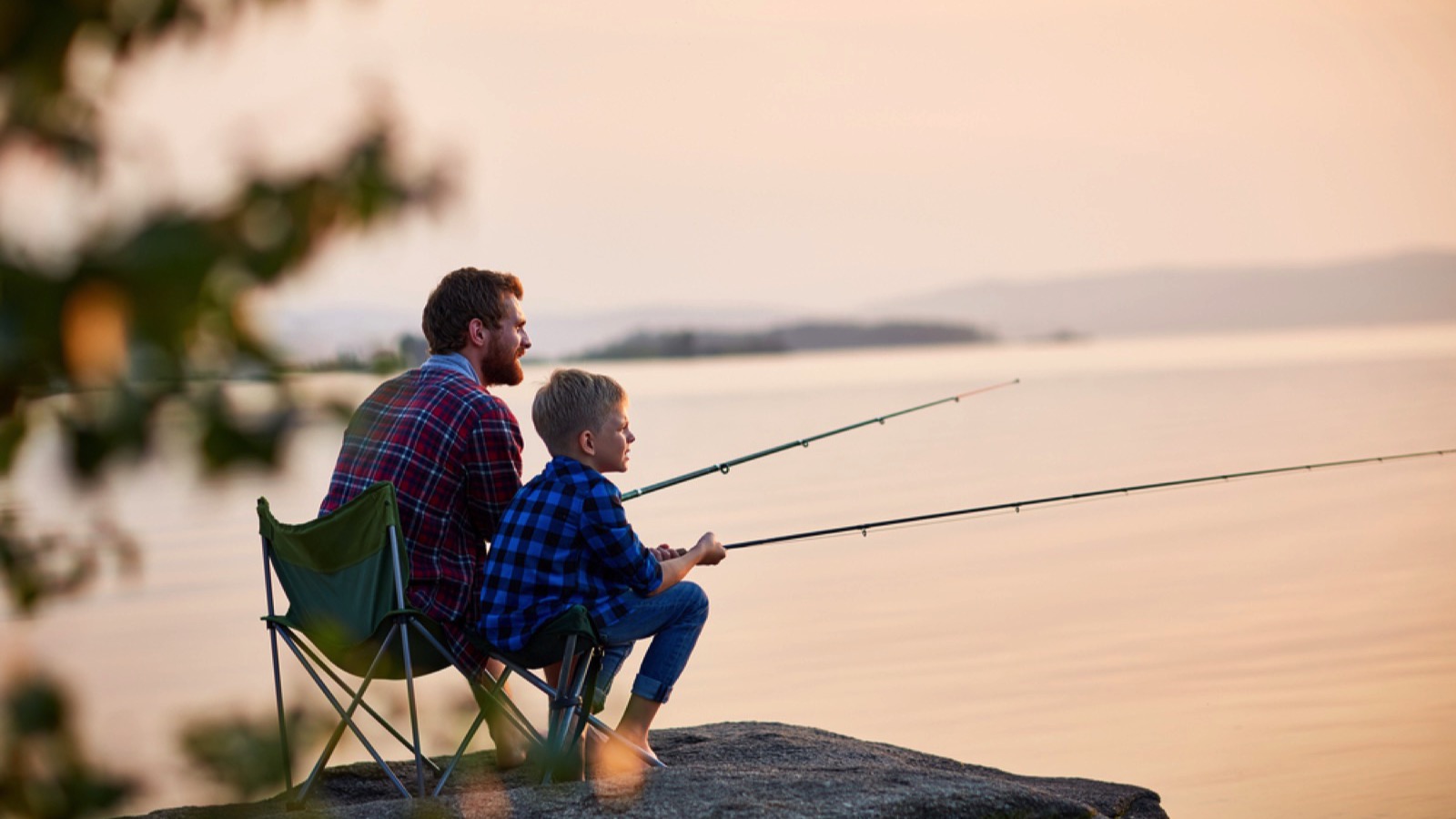
Fishing is a great way to provide food for your family and teach your kids valuable skills. Teach them how to bait a hook, cast a line, and reel in a fish. Practice catch-and-release fishing to promote sustainability and respect for the environment.
14. Animal Husbandry
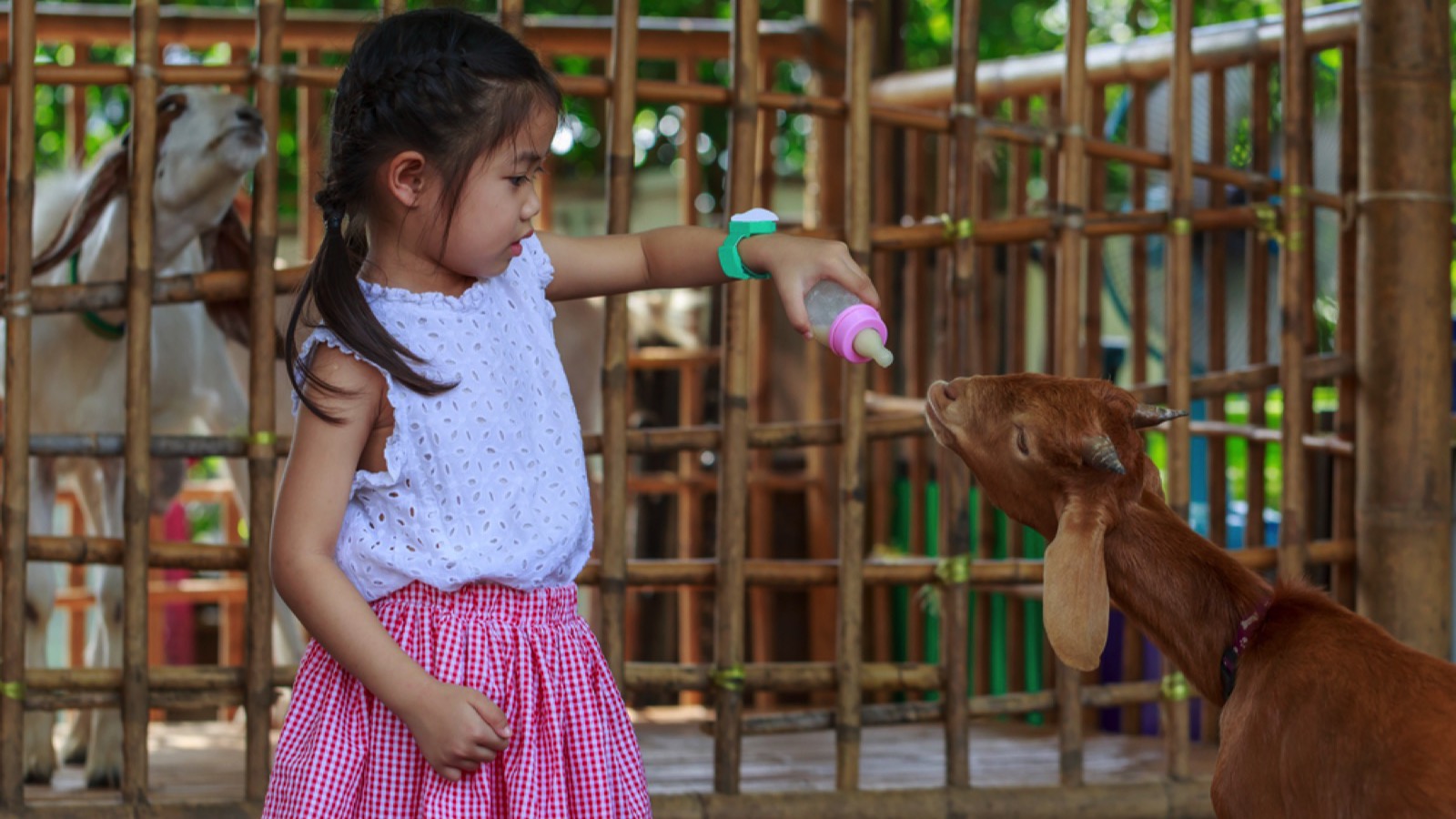
Raising animals can provide your family with a source of food, income, and companionship. Teach your kids how to care for chickens, goats, or other livestock. They’ll learn about the responsibilities of animal ownership and the rewards of hard work.
15. Canning and Preserving
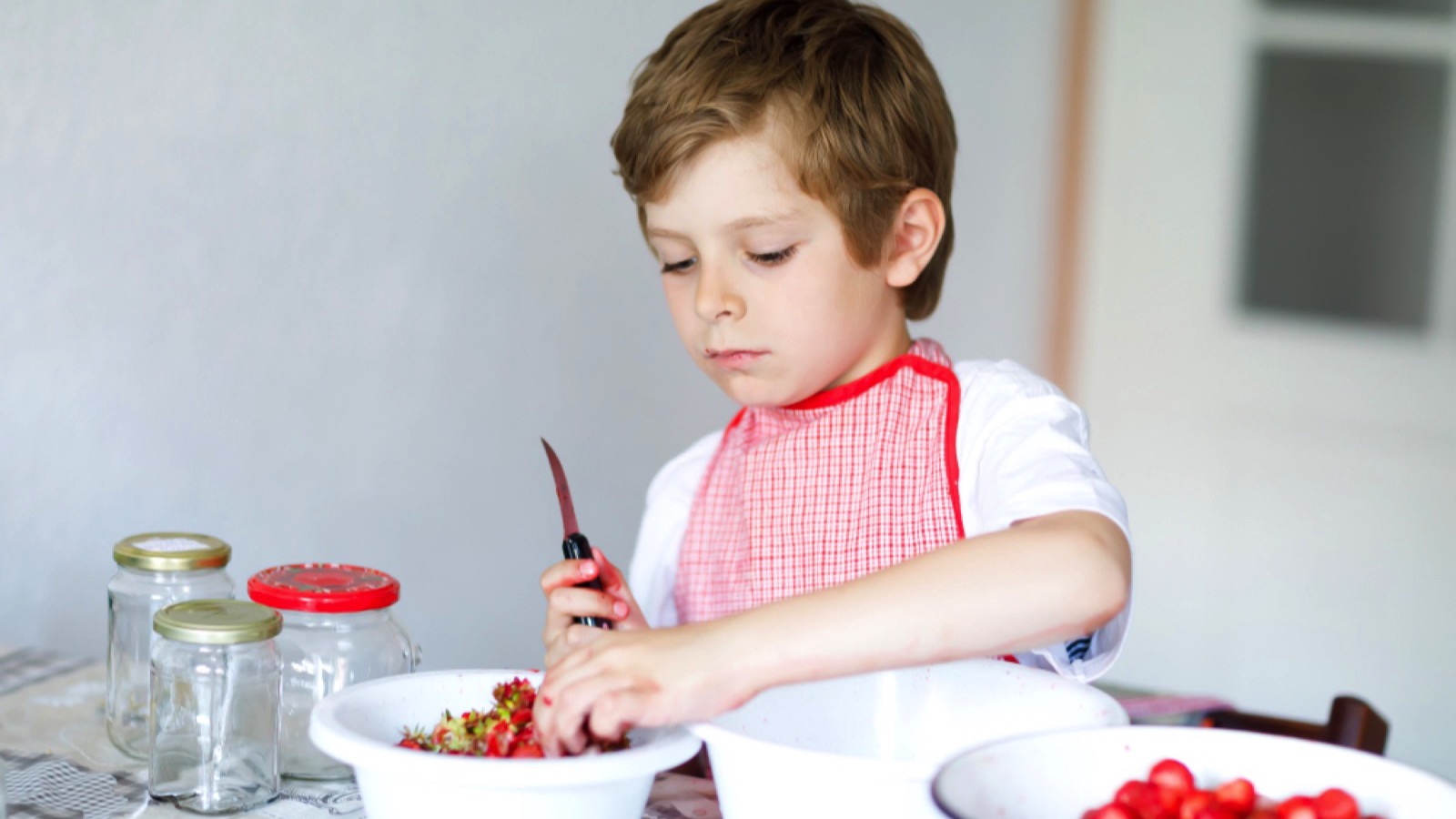
Preserving food is a valuable skill that can help your family become more self-sufficient. Teach your kids how to can fruits and vegetables, make jams and jellies, and dehydrate herbs and meats. They’ll learn about food safety and the importance of proper storage techniques.
16. Basic Carpentry

Knowing how to work with wood can be useful for a variety of projects around the homestead. Teach your kids how to measure and cut wood, use basic hand tools, and build simple structures like birdhouses or tool sheds. As they become more skilled, they can tackle more complex projects.
17. Hunting
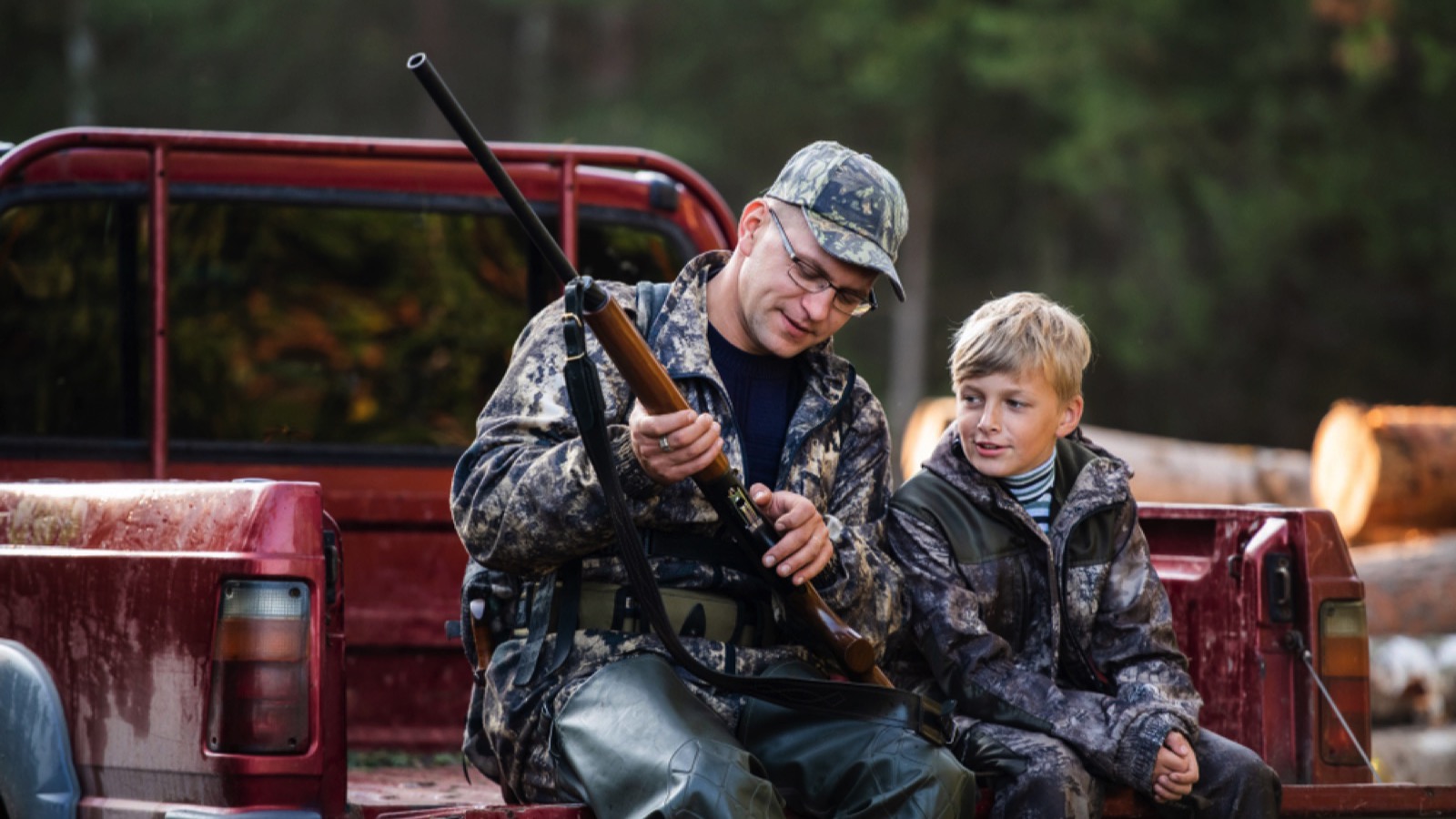
Hunting can provide your family with a source of meat and teach your kids valuable skills. Teach them how to safely handle firearms, track animals, and field dress game. Emphasize the importance of ethical hunting practices and respect for the environment.
18. Soap Making

Making your own soap can be a fun and rewarding activity that also teaches valuable skills. Teach your kids how to make soap using natural ingredients like olive oil and essential oils. They’ll learn about the chemistry of soap making and the benefits of using natural products.
19. Beekeeping
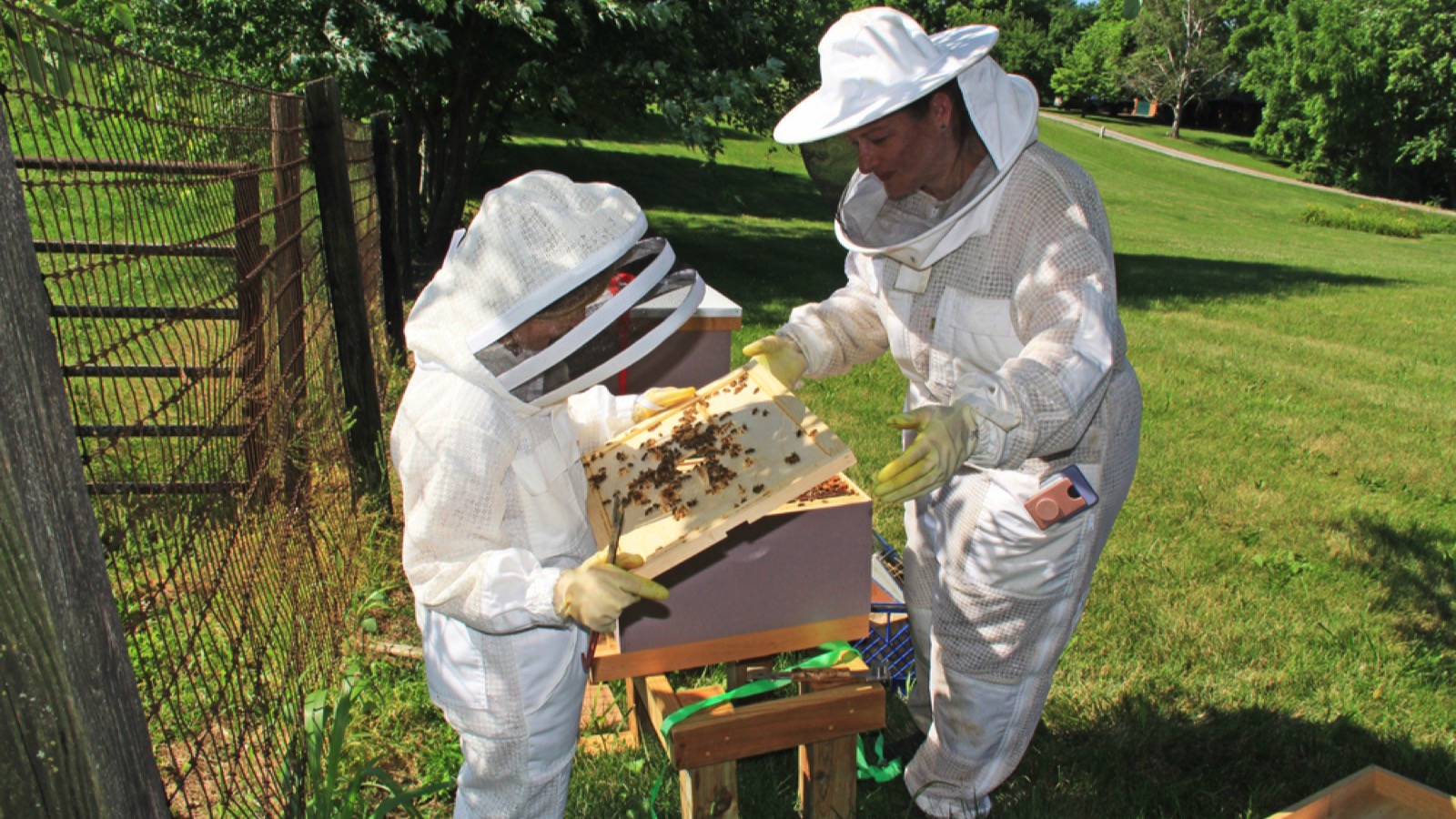
Keeping bees can provide your family with a source of honey and teach your kids about the importance of pollinators. Teach them how to set up and maintain a beehive, harvest honey, and protect the bees from pests and disease. They’ll learn about the fascinating world of bees and the role they play in our ecosystem.
20. Blacksmithing
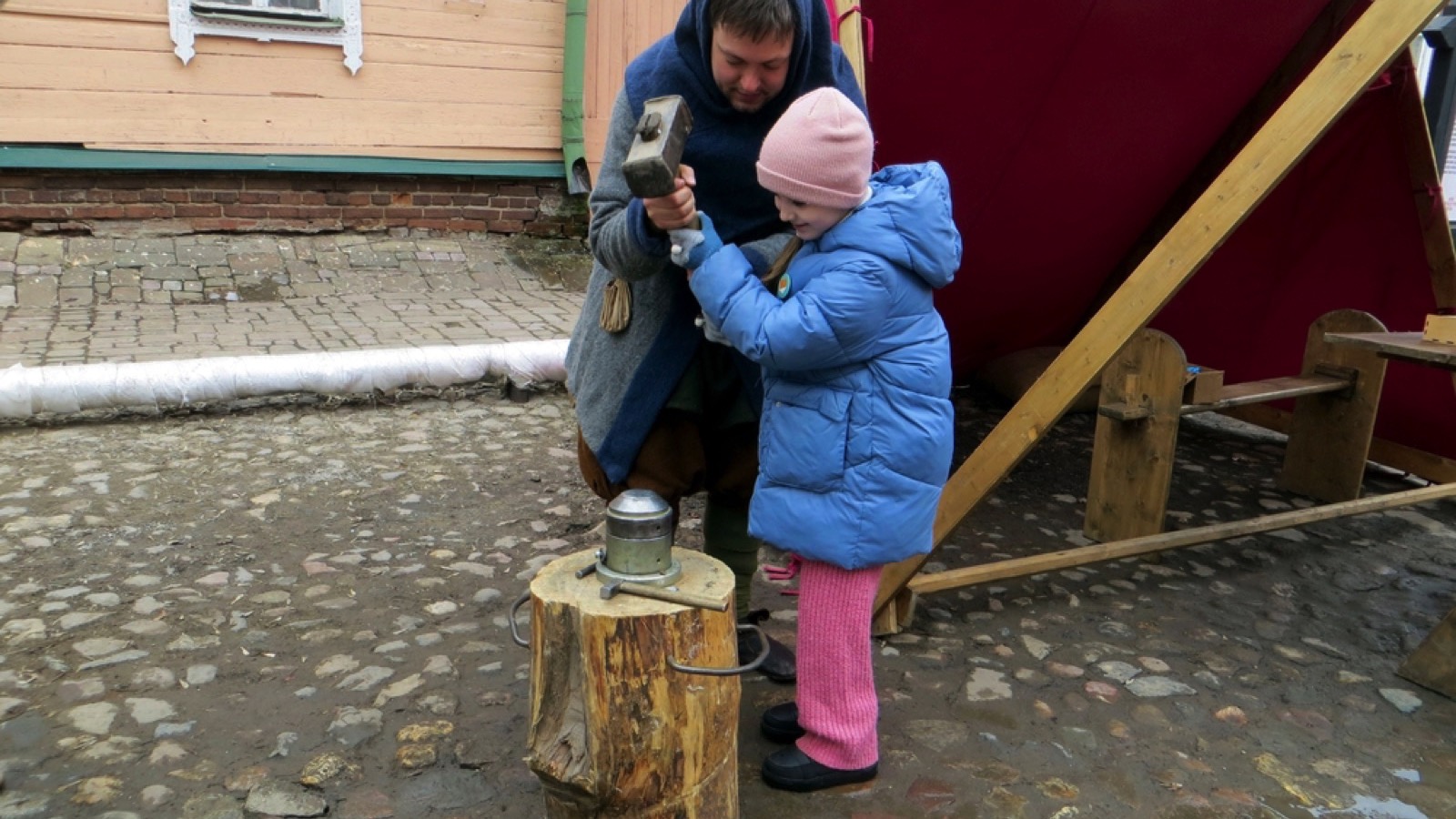
Blacksmithing is a traditional skill that can be both useful and creative. Teach your kids how to work with metal using basic tools like hammers and anvils. They can learn how to make simple items like hooks and hinges, or more complex projects like knives and tools.
21. Candle Making
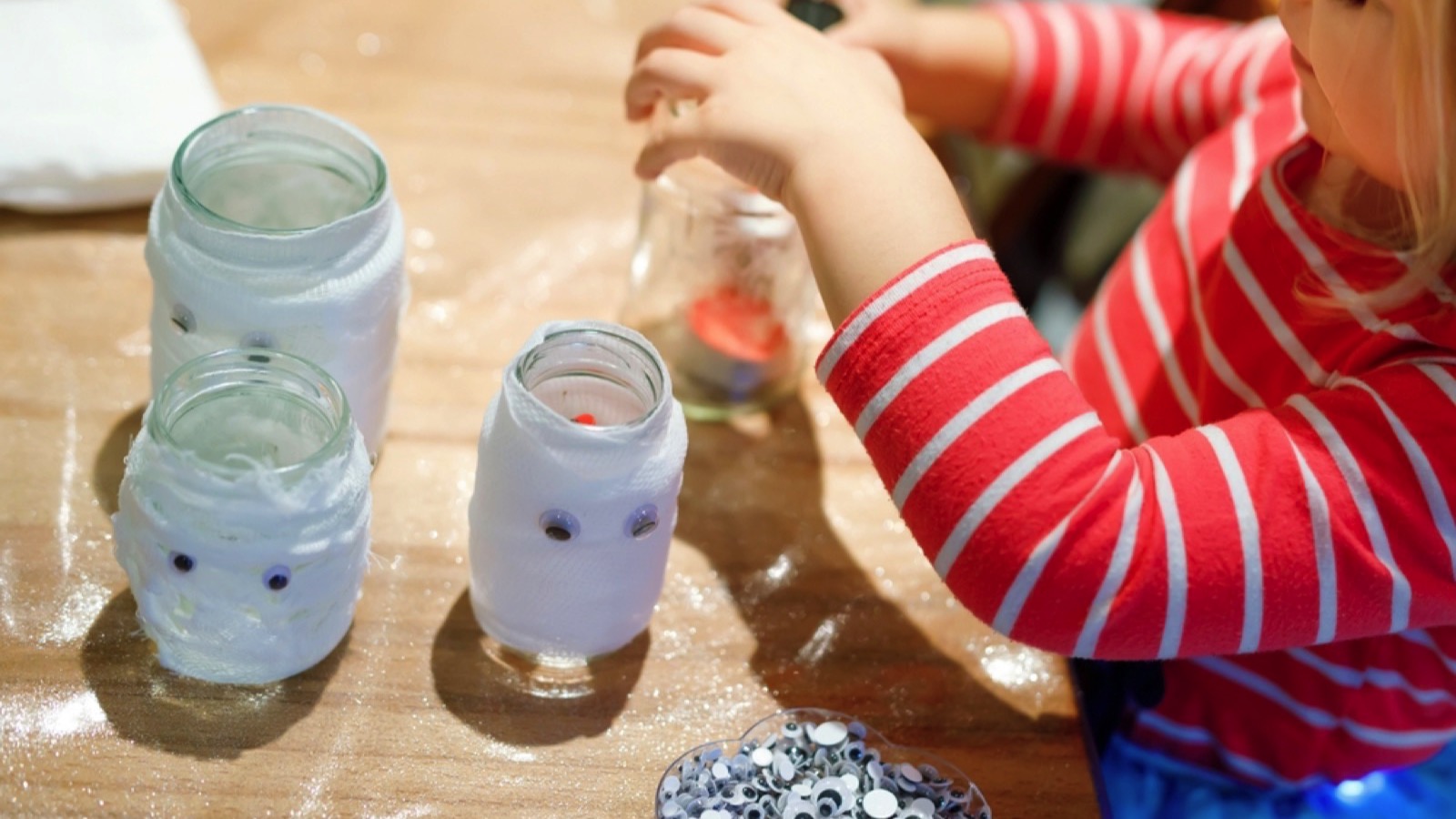
Making candles is a fun and practical activity that can teach your kids valuable skills. Teach them how to melt wax, add fragrances and colors, and pour candles into molds. They’ll learn about the science of candle making and the benefits of using natural materials.
22. Rope Making
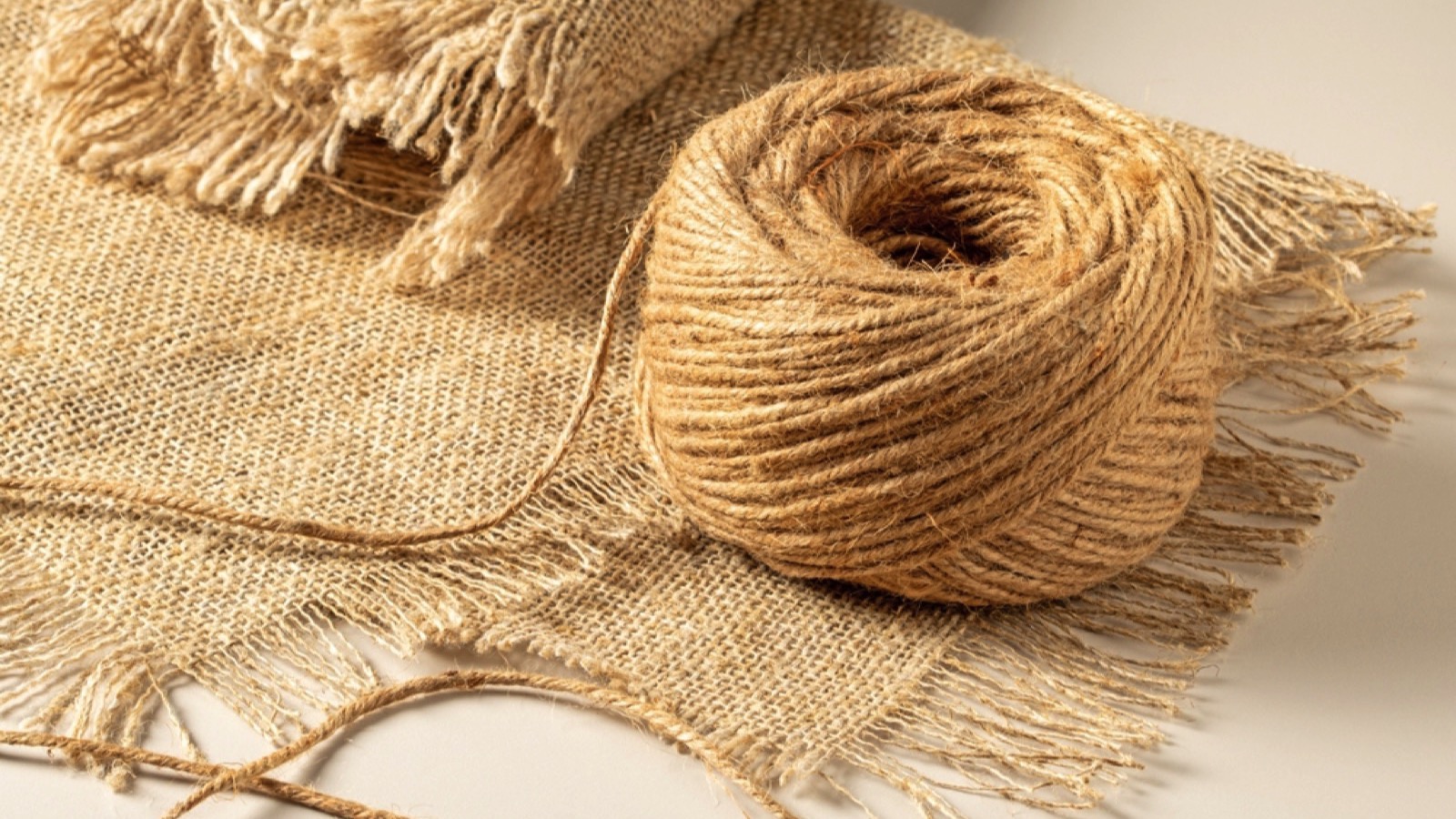
Knowing how to make rope can be a useful skill in a variety of situations. Teach your kids how to twist and braid fibers like hemp or jute to create strong and durable rope. They’ll learn about the properties of different fibers and the techniques used to make rope.
23. Wilderness Survival
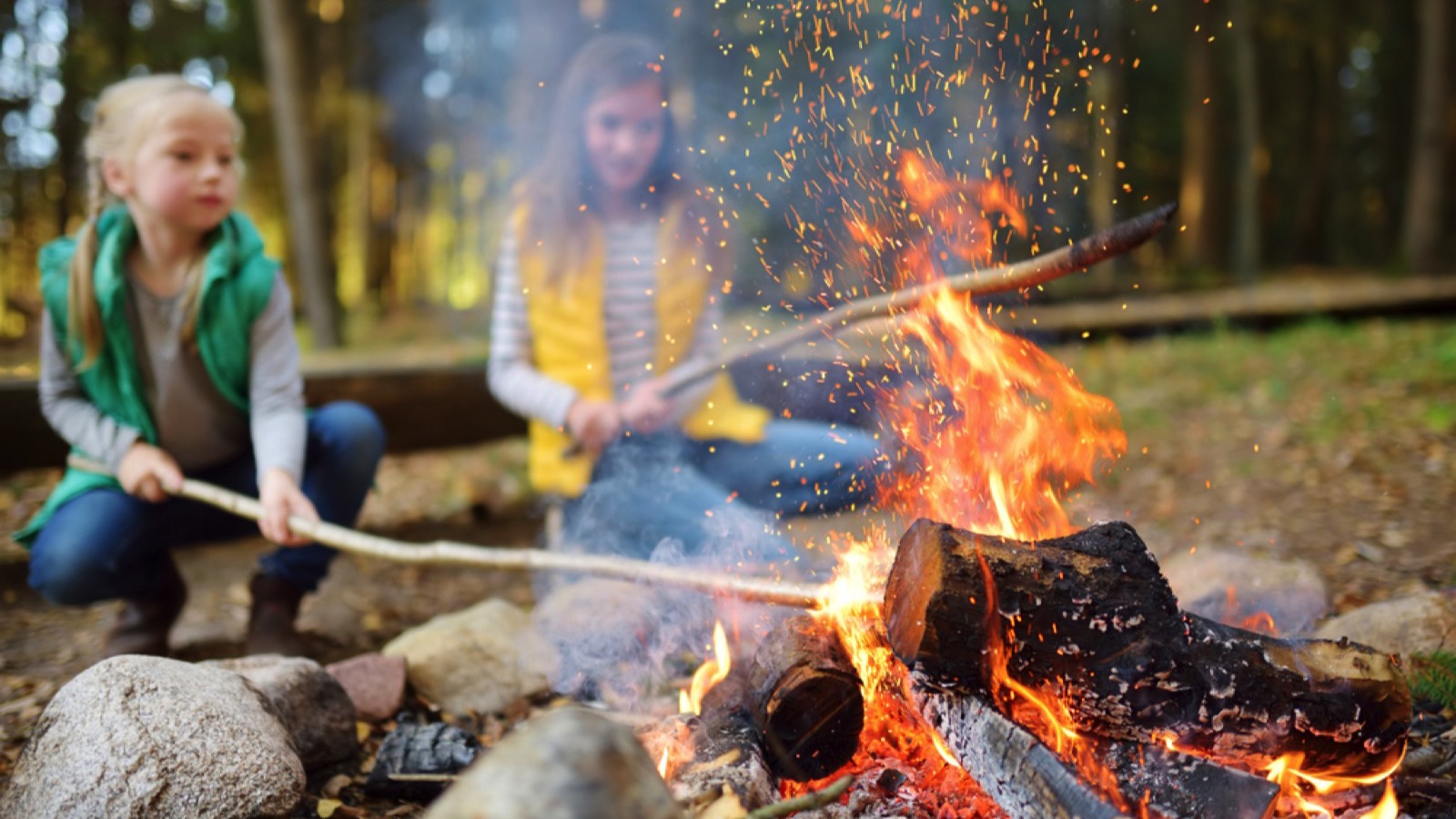
In an emergency situation, knowing how to survive in the wilderness can be a lifesaving skill. Teach your kids how to build a shelter, start a fire, find food and water, and signal for help. Practice these skills together on camping trips or in your backyard.
24. Critical Thinking and Problem Solving

Perhaps the most important skill you can teach your kids is how to think critically and solve problems. Encourage them to ask questions, think creatively, and approach challenges with a positive attitude. Help them develop the confidence and resilience they need to tackle any obstacle that comes their way.
20 Crucial Supplies for Surviving a Societal Collapse

In the face of uncertainty, being well-prepared gives you at least some degree of control and security. The thought of a societal collapse, while extreme, prompts us to consider how we might endure without the conveniences of our current lifestyle. Here’s a list of 20 essential items that could prove indispensable in such a scenario. This guide isn’t about succumbing to fear but embracing preparedness and resilience.
14 Essential Canned Goods for Your Emergency Pantry
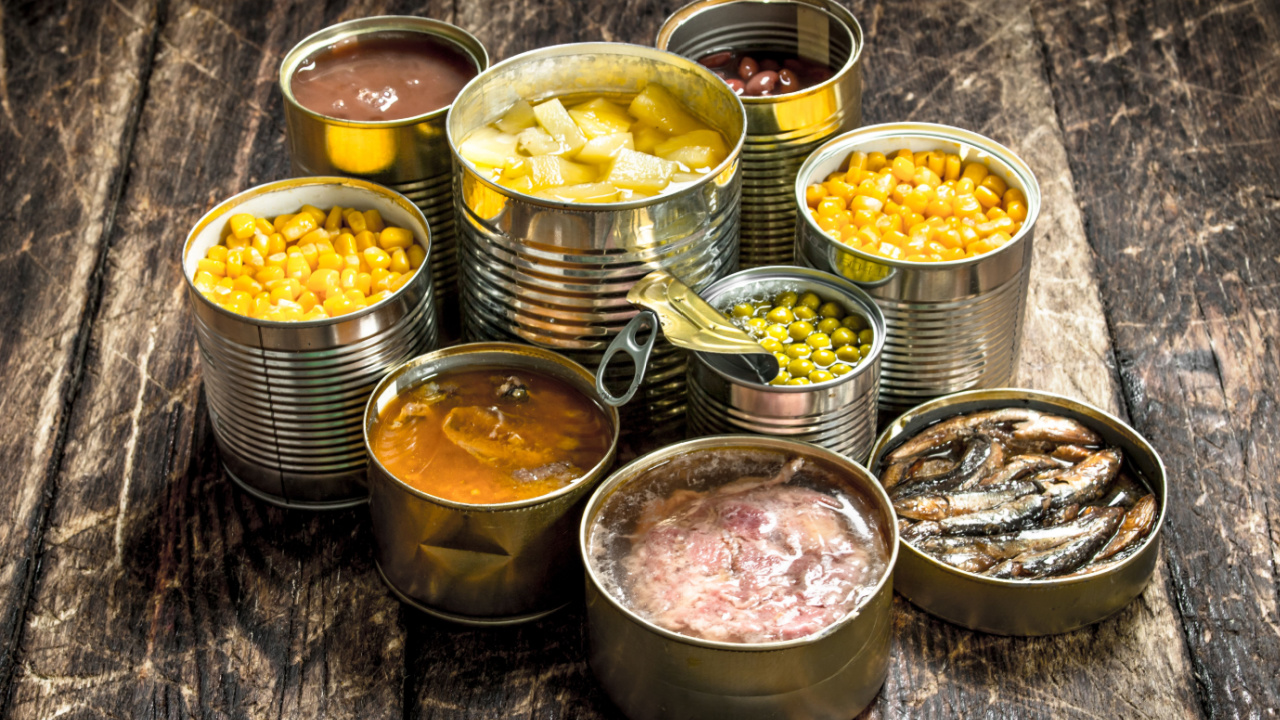
I firmly believe in keeping a well-stocked emergency pantry. While fresh food is ideal, in a survival situation, we may not be that lucky. So, for my family, even though we grow a lot of our own food, canned goods play a crucial role in emergency preparedness. They offer a reliable source of nutrition when access to fresh produce may be limited. The goods you stockpile should be affordable, easy to store, and full of nutrition.
Best Regions in the U.S. to Escape to When Society Collapses

Choosing a refuge in the event of societal collapse involves weighing the pros and cons of each location against your personal preparedness goals and abilities. Whether you’re drawn to the solitude of the desert or the protective heights of the mountains, the key is finding a place that offers safety and the opportunity for growth and renewal.

